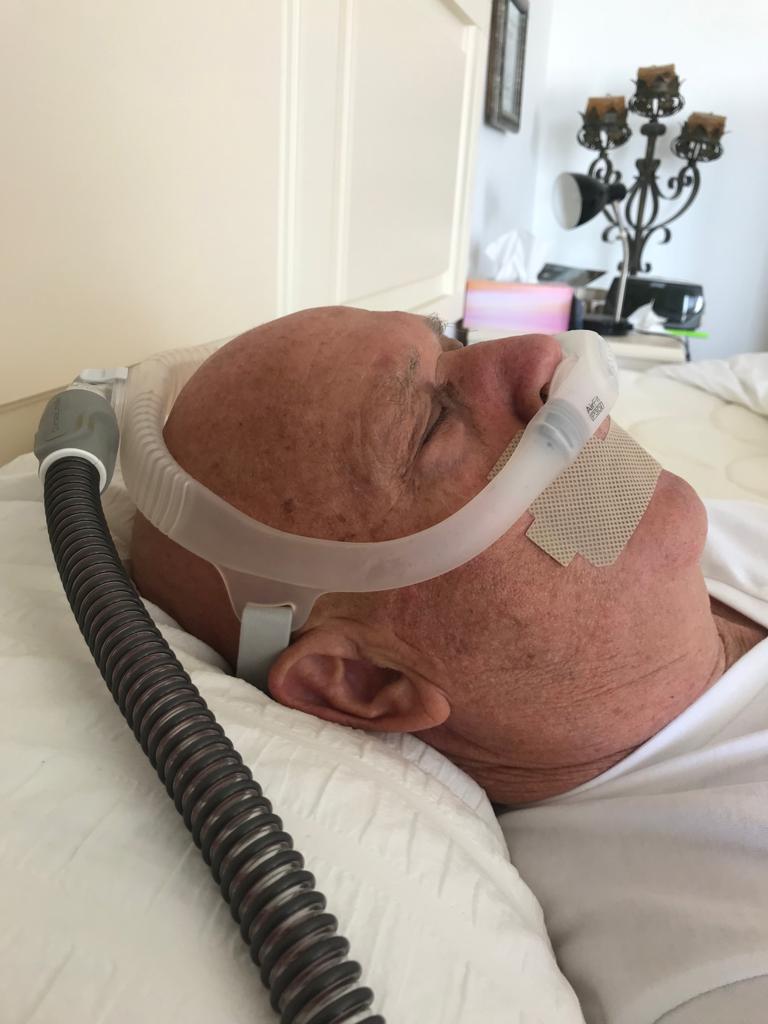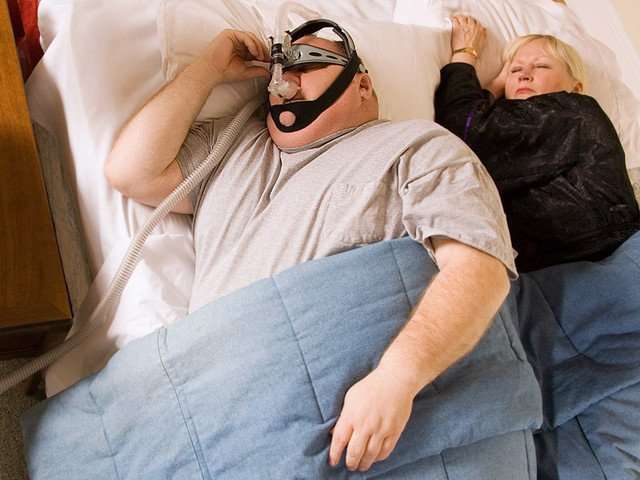CPAP full face mask alternative:
Continuous Positive Airway Pressure (CPAP) therapy is a lifesaver for many individuals suffering from obstructive sleep apnea (OSA). However, one common challenge CPAP users encounter is finding a suitable mask that ensures comfort and compliance. While effective, full-face masks may not suit everyone due to discomfort, skin irritation, or claustrophobia. Fortunately, a range of CPAP full-face mask alternatives is available for those seeking a more comfortable and effective sleep apnea treatment. This comprehensive guide will delve into these alternatives, their benefits, and how to choose the right one for your needs.
The Challenge of Full Face CPAP Masks:
Full-face CPAP masks are a popular choice for OSA treatment because they cover both the nose and mouth, delivering pressurized air to keep the airway open during sleep. However, they come with several challenges that can deter some users from using them consistently:
- Comfort Issues: Full-face masks can be bulky and may cause discomfort, particularly for individuals who move around during sleep or have sensitive facial skin. The straps and the mask can press against the face, leaving red marks or causing discomfort.
- Claustrophobia: The sensation of having a mask covering your entire face can be claustrophobic for some users. This psychological discomfort can make it challenging to tolerate the therapy.
- Leakage: Achieving a secure seal with a full face mask can be challenging, and if not correctly fitted, it may result in air leakage. This leakage can decrease the effectiveness of the therapy and disrupt sleep.
- Dry Eyes and Mouth: Full-face masks can contribute to dryness in the eyes and mouth, which can be uncomfortable and lead to other health issues, including dental problems.
CPAP Full Face Mask Alternatives:
For individuals who struggle with full face masks or prefer a different approach to CPAP therapy, several alternatives exist. These alternatives address the everyday challenges of full-face masks while effectively treating sleep apnea.
Nasal CPAP Masks: Nasal CPAP masks cover only the nose, leaving the mouth uncovered. They are an excellent choice for individuals who do not experience mouth breathing during sleep. Some benefits of nasal masks include:
- People who find full-face masks claustrophobic will find this mask more comfortable.
- Since they only cover the nose, there is less air leakage.
- Dry mouth and throat are less likely to occur.
However, they may not suit individuals who breathe through their mouth or have nasal congestion issues.
1. Nasal Pillow CPAP Masks:
Nasal pillow masks are the least invasive option among CPAP masks. They consist of two small pillows that insert directly into the nostrils, making them ideal for individuals who prefer minimal facial coverage. Advantages of nasal pillow masks include:
- Enhanced comfort and reduced facial pressure.
- Freedom of movement during sleep.
- Minimal skin contact and reduced risk of skin irritation.
However, they are unsuitable for mouth breathers and may be less effective if you require higher CPAP pressure settings.
2. Oral CPAP Devices:
Oral CPAP devices are an innovative alternative that does not require a mask. They consist of a mouthpiece or an appliance that repositions the jaw and tongue to keep the airway open. Some key benefits of oral CPAP devices are:
- Minimal facial coverage and no mask.
- Reduced risk of claustrophobia and skin irritation.
- Effective treatment for individuals with mild to moderate sleep apnea.
However, oral CPAP devices may not be suitable for individuals with severe sleep apnea or difficulty adapting to the mouthpiece.
3. Hybrid CPAP Masks:
Hybrid masks combine features of both full-face and nasal masks. They cover the nose and have a mouthpiece that inserts into the mouth to ensure continuous airflow. Some advantages of hybrid masks are:
- Suitable for individuals who experience both nasal and mouth breathing.
- Reduced risk of claustrophobia compared to traditional full-face masks.
- Enhanced comfort and reduced leakage.
However, finding the right fit and adjusting to a hybrid mask may require time and patience.
4. Total Face CPAP Masks:
Total face masks are a less common alternative, but they may be the ideal solution for individuals who struggle with traditional full-face masks. These masks cover the entire face, including the eyes, nose, and mouth, and are designed for those who need a secure seal and experience significant leakage issues. Critical advantages of total face masks include:
- Comprehensive facial coverage for a secure seal.
- It is effective for individuals with difficulty maintaining a seal with other masks.
- Reduces air leakage and ensures the delivery of adequate pressure.
However, they can be bulky and cause discomfort or claustrophobia for some users.
5. Adaptive Servo-Ventilation (ASV) Machines:
ASV machines may be a viable alternative for individuals with complex sleep apnea. These devices monitor your breathing patterns and adjust the pressure to maintain normal breathing. They are often used when standard CPAP or BiPAP therapy is not practical.
Tips for Success with CPAP Mask Alternatives:
Whether you choose a nasal mask, nasal pillow, oral device, hybrid mask, total face mask, or ASV machine, consistent and comfortable use is the key to successful CPAP therapy. Here are some tips to help you adapt to your chosen alternative:
- Proper Fit: Ensure the mask or alternative is properly fitted to prevent air leakage. Adjust the straps or mouthpiece as needed for a secure seal.
- Regular Cleaning: Keep your mask or device clean to prevent the buildup of bacteria and allergens. Follow the manufacturer’s cleaning and maintenance guidelines.
- Gradual Adaptation: If switching from a traditional full-face mask to a different alternative, be patient with the adjustment process. It may take some time to become accustomed to a new mask.
- Compliance: Use your CPAP therapy consistently, as your healthcare provider recommends. Consistent use is crucial for managing sleep apnea effectively.
- Consultation: If you encounter issues or discomfort, consult your healthcare provider or a CPAP specialist. They can help troubleshoot problems and make necessary adjustments.
Conclusion
While full-face CPAP masks have proven effective in treating sleep apnea, they are not the only option available. CPAP mask alternatives, including nasal masks, nasal pillows, oral devices, hybrid masks, total face masks, and ASV machines, cater to various preferences and needs.
Selecting the suitable CPAP mask alternative is a personal decision based on your comfort, breathing habits, and prescribed pressure settings. Remember that consistently and adequately using your chosen alternative is vital for effectively managing sleep apnea. Consult with your healthcare provider or a CPAP specialist to ensure your treatment plan aligns with your specific needs and preferences, ultimately helping you achieve restful and uninterrupted sleep.



